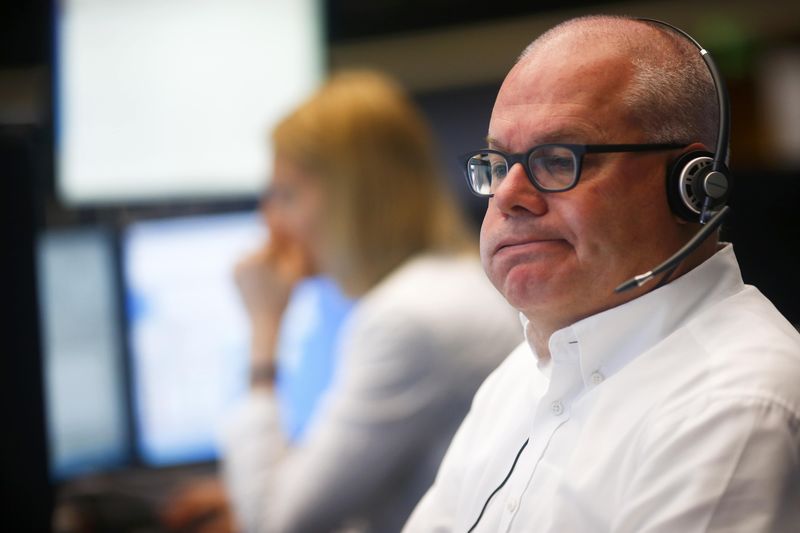The Australian government yesterday announced an expansion of its Capacity Investment Scheme (CIS) as it seeks to support the development of renewable energy projects. This strategic move is expected to double the country's renewable energy capacity, addressing a potential shortfall in achieving its renewable target of 82% by 2030.
Australia's current renewable capacity stands at approximately 32 gigawatts. Climate Energy Finance director Tim Buckley said, “this policy alone will add effectively double that on-grid capacity over the next four or five years”.
The CIS operates through an auction-based mechanism, where renewable energy investors propose minimum and maximum price points for their projects. This system guarantees a floor price for investors while allowing the government to share in the profits of successful ventures. To date, the scheme has facilitated the procurement of over one gigawatt of new renewable capacity in New South Wales alone.
Doubling the grid's renewable capacity
The scheme's expansion is set to introduce an additional 32 gigawatts of renewable generation, comprising 9-gigawatts of dispatchable capacity and 23 gigawatts of variable capacity. This boost is estimated to account for half the capacity of the National Electricity Market, which services 11 million customers.
However, the government has not disclosed the anticipated cost of these contracts to avoid market distortion.
According to climate change minister Chris Bowen, the initiative is crucial for stabilising the electricity market amid the transition away from coal. With 24 coal power stations (26.7 gigawatts capacity) scheduled to close, Bowen stressed the need for reliable, clean and affordable renewable energy sources.
Despite Australia's progress in reducing emissions, Bowen admits more needs to be done. The CIS expansion is seen as a key step in attracting investments in renewable energy, an effort echoed by Clean Energy Investor Group CEO Simon Corbell, who views the policy as a catalyst for a new wave of clean energy investments across Australia.
